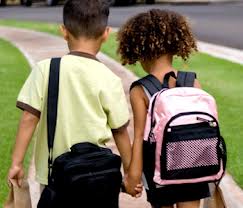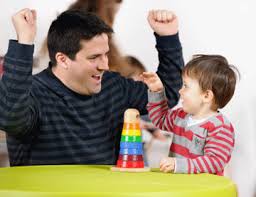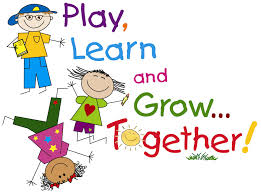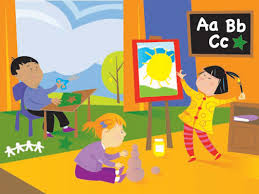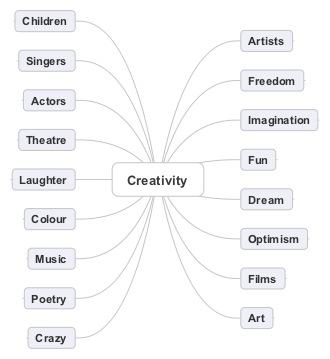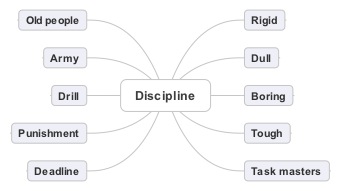 For some reason in our culture, one of the best ways to create excitement and fun around an upcoming event is to go shopping. And when it comes to getting your son or daughter ready for kindergarten, it seems natural that there are going to have to be at least one or two fun outings to the mall to get ready for the big day.We tend to think of mom and daughter as the ones who will get a big kick out of shopping. But if you have a little boy who is a bit giddy about that first day at kindergarten, that shopping trip can turn the first day in school into the equivalent as the fall version of Christmas. That is because the one universal things kids love to do is spend their parent’s money and find ways to get things bought for them. And if the entire purpose of the trip is to buy things for the child, even if it is just clothes and school supplies, the fun of going to the store and making those choices adds to the electricity of the coming of that first day to go to school.
For some reason in our culture, one of the best ways to create excitement and fun around an upcoming event is to go shopping. And when it comes to getting your son or daughter ready for kindergarten, it seems natural that there are going to have to be at least one or two fun outings to the mall to get ready for the big day.We tend to think of mom and daughter as the ones who will get a big kick out of shopping. But if you have a little boy who is a bit giddy about that first day at kindergarten, that shopping trip can turn the first day in school into the equivalent as the fall version of Christmas. That is because the one universal things kids love to do is spend their parent’s money and find ways to get things bought for them. And if the entire purpose of the trip is to buy things for the child, even if it is just clothes and school supplies, the fun of going to the store and making those choices adds to the electricity of the coming of that first day to go to school.
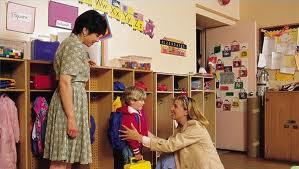 While it is up to mom and dad to keep some balance and common sense to this big shopping trip, it’s a nice time to include the kiddo so that he or she can have the fun of picking out the new things that will be needed the first day at kindergarten. While it might be tempting to go out and buy everything for the child and spring them on her the night before school, you can get so much more mileage in terms of excitement and anticipation about going to school by taking the child with you to pick out everything from that new dress to the color of the pencils and the type of backpack she will use.
While it is up to mom and dad to keep some balance and common sense to this big shopping trip, it’s a nice time to include the kiddo so that he or she can have the fun of picking out the new things that will be needed the first day at kindergarten. While it might be tempting to go out and buy everything for the child and spring them on her the night before school, you can get so much more mileage in terms of excitement and anticipation about going to school by taking the child with you to pick out everything from that new dress to the color of the pencils and the type of backpack she will use.
This will be the first of many shopping trips in preparation for school and you will immediately be faced with many decisions when it comes to clothing. Naturally as a parent, you want practical clothes that are very durable and maybe a bit too big so the child can grow into them. Your child, however, may have very different opinions about what to buy. While you would not think that a five year old would have a sense of fashion, when you hit the stores you will find that there are a lot of designs built around popular children’s show characters that will draw your child’s attention.
It might be good to have a little talk with the child about spending limits and that mom or dad have the final say in what is bought. But be a bit flexible and let your child have some fun clothes. Not only will it help him or her fit in at school which helps with overcoming that sense of alienation and loneliness, it will create excitement and enthusiasm about going. Wouldn’t you far rather see your child spring out of bed full of excitement about going to that first day at kindergarten because she is going to be able to wear her new dress or he will get to show off his Spongebob backpack? Its not bribery if you are just using the purchase of things they already have to have to help them get more excited about going to school and to get them off on the right foot.
You can use the event of shopping to build anticipation for that first day by going on more than one trip. You can have mom go one day and get the clothes and then dad go out another and get the backpack. Additional trips might include and outing to get school supplies or even letting the little one go to the grocery store to have a say in what goes into lunch each day. The more they can participate, the more fun it will be and the more ownership your child will have over this exciting first day at school. And if that ownership translates into success, that is what everybody wants.
